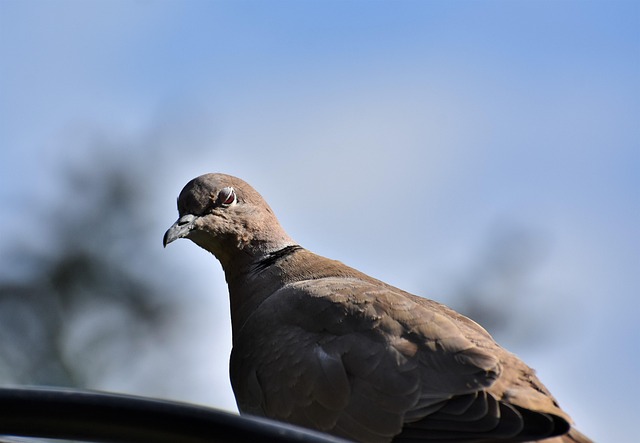Woodpeckers, while integral to forest ecosystems, can cause property damage by drilling into homes and trees for food and nesting. A professional bird removal service offers tailored solutions like removing food sources, installing barriers, or providing alternative nesting sites to prevent damage. Long-term protection includes sealing entry points, proper landscaping, and using bird-safe materials. Natural deterrents like cayenne pepper, essential oils, and noise devices can also effectively manage woodpecker visits without professional help.
Tired of pecking pests? Woodpeckers, while charming, can cause significant damage to your property. Understanding their behavior is key to effective woodpecker control. This guide navigates the bustling world of bird removal and prevention strategies, offering insights into why woodpeckers visit your home and common methods for deterring them naturally or through professional services. Discover expert tips for choosing the right bird removal service to protect your property.
- Understanding Woodpecker Behavior and Why They Visit Your Property
- Common Methods for Bird Removal and Prevention Strategies
- Choosing the Right Professional Bird Control Service
- Effective Home Remedies to Deter Woodpeckers Naturally
Understanding Woodpecker Behavior and Why They Visit Your Property
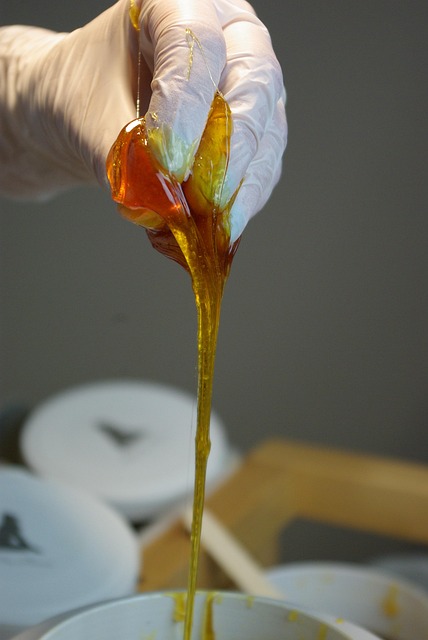
Woodpeckers are fascinating birds with specialized beaks and a unique feeding behavior that involves pounding into trees to extract insects. They play an essential role in forest ecosystems by contributing to seed dispersal and controlling insect populations. However, when these birds frequent your property, it can lead to unwanted damage, especially if they decide to make your home or tree their nesting site. Understanding their behavior is crucial for effective woodpecker control, making a bird removal service a valuable resource.
Woodpeckers are attracted to properties with tall trees, especially those with bark that provides easy access to insects. They often visit gardens and parks in urban areas, seeking food sources. During the breeding season, males establish territory and attract mates by performing elaborate drumming rituals on tree trunks. This behavior can be a nuisance when repeated extensively, leading to holes in structures or trees. Knowing these habits allows bird removal specialists to employ tailored strategies, such as removing tempting food sources, protecting trees with barriers, or offering alternative nesting sites, ensuring a peaceful coexistence between humans and these intriguing birds.
Common Methods for Bird Removal and Prevention Strategies
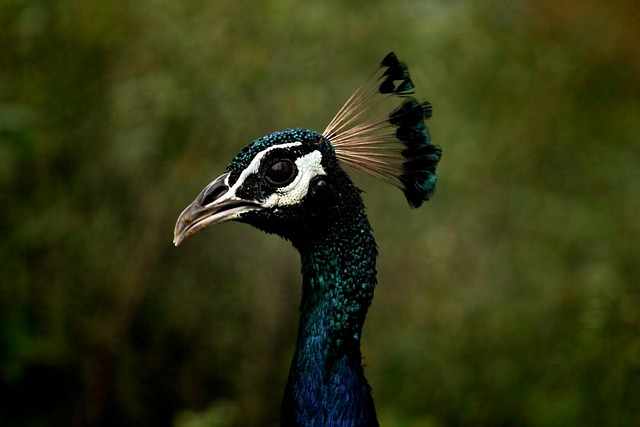
Many homeowners face the challenge of dealing with woodpeckers, especially when they find their homes appealing for nesting and feeding. Common methods for bird removal involve scaring tactics such as visual deterrents (like reflective objects or predator decoys) and audio devices emitting distress calls of predators. These immediate solutions can help drive away woodpeckers temporarily but may not be as effective in the long term.
Prevention is key when it comes to woodpecker control. Sealing entry points, ensuring proper landscaping, and using bird-safe building materials are crucial steps. Installing spike strips or bird netting on structures can physically prevent woodpeckers from landing and nesting. Additionally, maintaining a balanced ecosystem by providing alternative food sources away from homes can deter them from frequenting residential areas. A professional bird removal service often combines these strategies for comprehensive, long-lasting solutions.
Choosing the Right Professional Bird Control Service
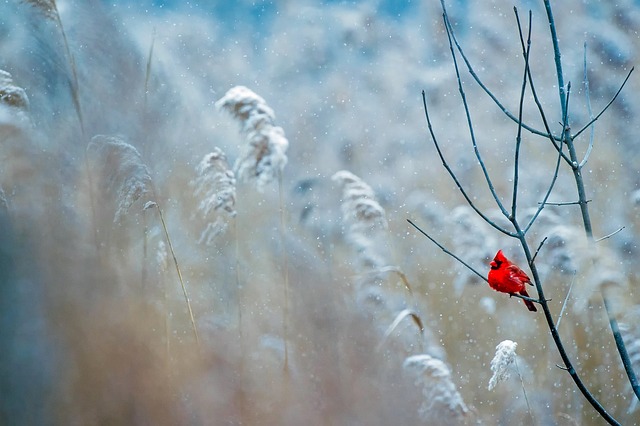
When dealing with woodpecker issues, enlisting the help of a professional bird control service is often the best course of action. Not all bird removal services are created equal, so it’s crucial to choose one that has experience and expertise in dealing specifically with woodpeckers. Look for a company that understands the unique challenges these birds pose and can offer tailored solutions.
A reputable bird control service will assess your situation, identify the type of woodpecker causing the problem, and implement humane and effective methods to remove them. They should also provide ongoing guidance on preventing future infestations, ensuring that your home or property is protected from these persistent birds.
Effective Home Remedies to Deter Woodpeckers Naturally
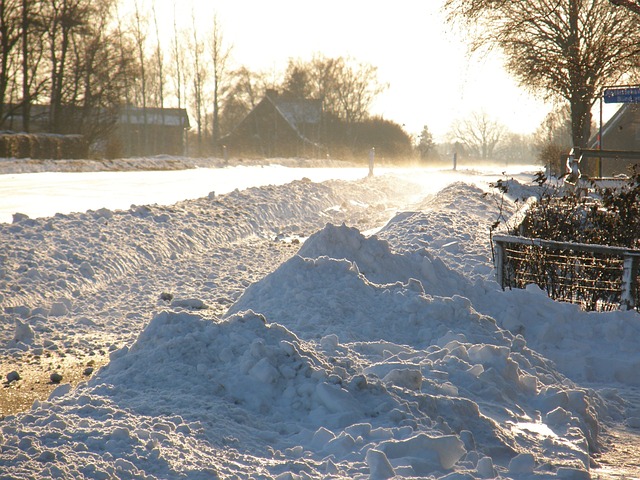
Many homeowners face the challenge of unwanted visitors in the form of woodpeckers, especially during their bustling nesting season. While a professional bird removal service is always an option, there are several natural and effective remedies to deter these feathered friends from your property. One tried-and-tested method involves using specific scents that woodpeckers find unpleasant. For instance, mixing cayenne pepper with water and applying it to problem areas can act as a non-toxic deterrent. Similarly, strong-smelling essential oils like mint, cinnamon, or garlic can be powerful repellents when strategically placed around potential nesting sites.
Another home remedy involves creating noise deterrents. Woodpeckers are sensitive to sudden noises, so hanging reflective objects like old CDs or aluminum pie plates near their habitats can startle them away. Alternatively, you can set up a radio or play recorded predator sounds to create an unsettling environment for the birds. These natural approaches offer a peaceful and humane way to manage woodpecker visits while avoiding the need for specialized bird removal services.
Woodpeckers can be a nuisance, but understanding their behavior and implementing effective prevention strategies is key to keeping them at bay. From identifying common entry points to trying natural deterrents, there are numerous ways to discourage woodpeckers from causing damage to your property. If the problem persists, consider reaching out to a professional bird removal service that specializes in woodpecker control. With the right approach, you can restore peace and harmony to your space, ensuring both the safety of these birds and the preservation of your home.
